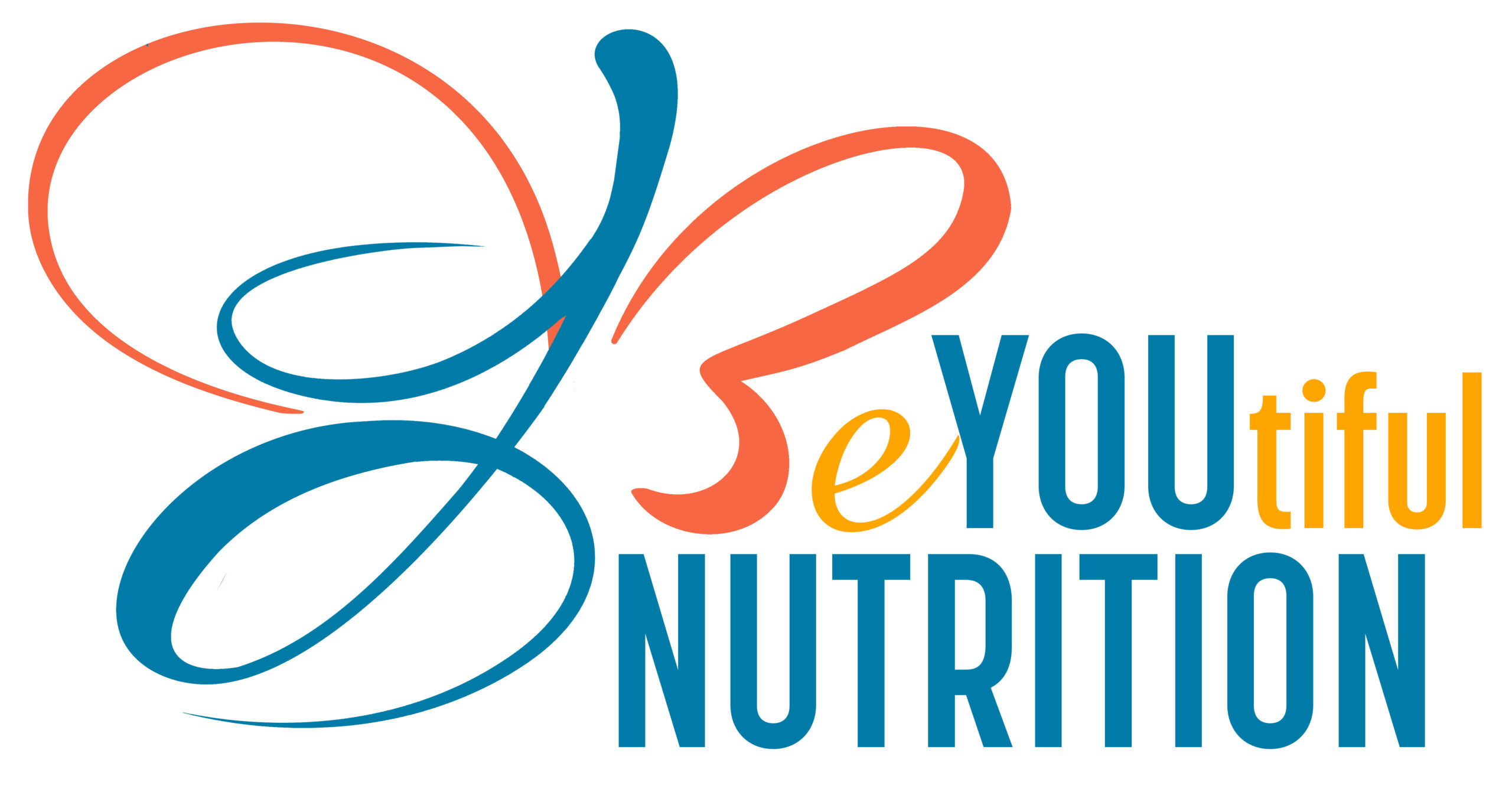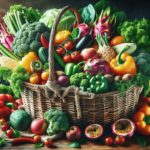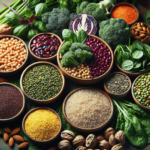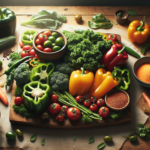
All About Carbohydrates
Carbohydrates convert to glucose for energy (they are our main source of fuel). It’s not about eliminating them, just being mindful of the amounts consumed at each meal, snack, and throughout the day. We can do this by reading food labels, counting carbohydrates, using food trackers, and understanding portion sizes. Fow now see see the attachment to further understand carbohydrates
- Sources of carbohydrates include; fruits, dairy, starches, starchy vegetables, and sweets (added sugar sugars)
- 1 serving is considered 15 grams.
- Recommendations per meals vary per individual
- Common Carb recommendation: 30-45 g for meals (3 meals a day) and 15 g for snacks (1-2 a day)
- Protein does not convert to glucose and helps stabilize blood glucose (see handouts for sources)
- Adding protein to carbohydrates will also help to stabilize your mood and your blood glucose by reducing sugar spikes and promoting satiety.
For weight loss: Reduce carb intake: Be mindful of the number of carbohydrates at meals and snacks
- For carbs- The higher the fiber the better (minimally processed such as whole, fruits/vegetables, whole grains, beans/legumes)
- On low-active days aim for raw crunchy vegetables as snacks







